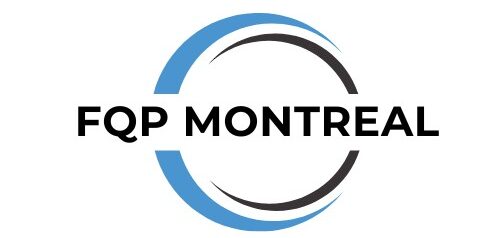Montreal, the vibrant cultural hub of Quebec, has emerged as a hotbed for real estate investment opportunities in recent years. Boasting a booming economy, a diverse population, and a rich cultural heritage, this Canadian metropolis has captivated the attention of astute investors looking to capitalize on the city’s flourishing property market. In this article, we will delve into the real estate secrets of Montreal, uncovering the factors that make it an attractive investment destination, exploring key neighborhoods, and discussing essential tips for success in this dynamic market.
The Appeal of Montreal’s Property Market
Montreal’s property market has been on a steady rise, attracting investors with its unique appeal. One of the primary drivers of this growth is the city’s robust economy, which has been consistently outperforming national averages. With a diverse range of industries, including aerospace, technology, film production, and gaming, Montreal offers a stable foundation for real estate investments. Additionally, the city’s renowned educational institutions, such as McGill University and Concordia University, attract a steady influx of students, creating a consistent demand for rental properties.
Montreal’s affordable property prices relative to other major Canadian cities also contribute to its allure. While cities like Vancouver and Toronto experience skyrocketing prices, Montreal offers more affordable entry points for both domestic and international investors. The relatively low cost of living, combined with a favorable quality of life and access to various amenities, further enhances the city’s appeal.
Exploring Montreal’s Key Neighborhoods
Montreal is a city of diverse neighborhoods, each with its own distinct character and investment potential. Let’s take a closer look at some of the most promising areas for real estate investment:
a. Le Plateau-Mont-Royal: This trendy neighborhood is known for its vibrant nightlife, charming streets, and historic architecture. With its bohemian atmosphere and proximity to downtown, Le Plateau-Mont-Royal has become a desirable location for young professionals and artists.
b. Griffintown: Formerly an industrial area, Griffintown has undergone a significant transformation in recent years. It now features modern condominiums, trendy restaurants, and upscale boutiques. Its strategic location near downtown Montreal and the Lachine Canal adds to its appeal.
c. Mile-End: A creative and multicultural enclave, Mile-End is famous for its artistic community, independent boutiques, and lively café culture. This neighborhood attracts a diverse mix of residents, including young families, artists, and entrepreneurs.
d. The Golden Square Mile: Located in downtown Montreal, the Golden Square Mile is a prestigious neighborhood known for its historic mansions, upscale boutiques, and luxury residences. Investing in this area offers a chance to tap into Montreal’s high-end real estate market.
Essential Tips for Real Estate Success in Montreal
To maximize your chances of success in Montreal’s property market, consider the following essential tips:
a. Research and Due Diligence: Thoroughly research the market, including current trends, rental rates, and property appreciation rates. Understand the local regulations and taxation policies to make informed investment decisions.
b. Seek Professional Guidance: Engage the services of a reputable real estate agent or consultant who possesses extensive knowledge of the local market. They can help identify lucrative opportunities and guide you through the buying process.
c. Financing and Mortgage Rates: Stay updated on mortgage rates and financing options offered by different financial institutions. Taking advantage of favorable interest rates can significantly impact your investment returns.
d. Location and Neighborhood Analysis: Carefully analyze the potential of different neighborhoods based on factors like proximity to amenities, transport links, and projected future development. Consider the target demographic you wish to attract to your property.
e. Cash Flow Considerations: Determine the potential rental income and associated expenses to evaluate the cash flow prospects of your investment. Calculate maintenance costs, property taxes, and any other expenses to ensure positive cash flow.
f. Long-Term Growth Potential: Look beyond short-term gains and consider the long-term growth potential of the property and the neighborhood. Factors such as planned infrastructure developments and economic growth projections can influence future property values.
Conclusion
Investing in Montreal’s property market presents an exciting opportunity for astute investors seeking to diversify their real estate portfolios. With its strong economy, affordability, and diverse neighborhoods, Montreal offers a unique blend of potential for both short-term gains and long-term growth. By conducting thorough research, seeking professional guidance, and considering essential factors such as location, cash flow, and future potential, investors can unlock the secrets of Montreal’s real estate market and position themselves for success in this thriving city.
